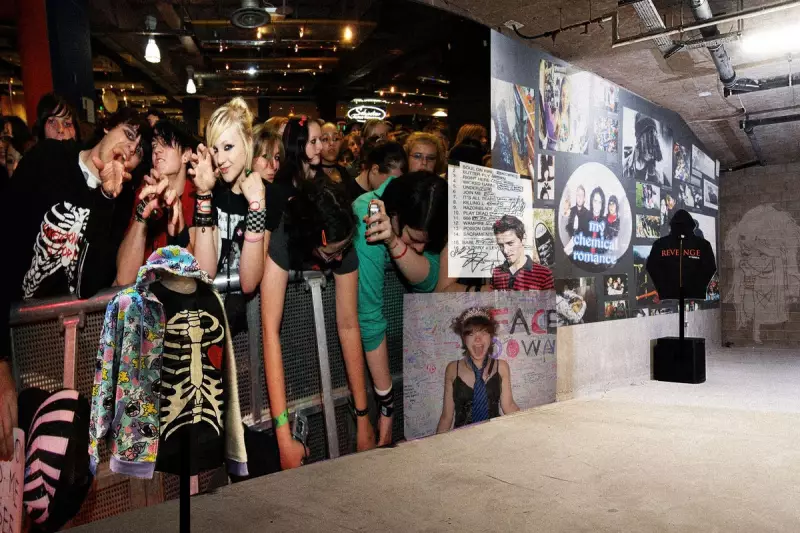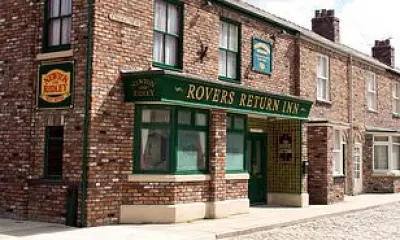
London's cultural landscape has just welcomed an exciting new addition with the grand opening of the Museum of Youth Culture in the heart of Soho. This groundbreaking institution celebrates the rich tapestry of British youth movements that have shaped the nation's identity since the 1940s.
A Treasure Trove of Teenage History
The museum showcases an extraordinary collection of over 100,000 photographs, personal stories, and cultural artefacts that document the evolution of youth culture across Britain. From the sharp-suited Teddy Boys of the 1950s to the punk rock revolution of the 1970s and the rave scene of the 1990s, every significant youth movement is represented.
"This museum isn't just about nostalgia," explains the museum's director. "It's about preserving the incredible stories of ordinary young people who created extraordinary cultural movements that changed British society forever."
From Grassroots to Great Russell Street
The journey to this permanent home has been decades in the making. What began as the 'Grown Up in Britain' project has evolved into a comprehensive archive that captures the spirit of youth rebellion, fashion, and music that defined generations.
Visitors can expect to see:
- Rare photographs of early mods and rockers
- Original punk fashion and zines
- Interactive displays exploring club culture
- Personal testimonies from participants in youth movements
- Evolving exhibitions that continue to document contemporary youth culture
More Than Just a Museum
Located at 46-48 Great Russell Street, the museum serves as both an exhibition space and a community hub. The team behind the project emphasises that this is a living museum that will continue to grow and evolve with new contributions from the public.
"We're particularly interested in stories from underrepresented communities and regions outside London," notes the collections manager. "Youth culture happens everywhere, and we want to make sure every voice is heard."
The opening represents a significant moment for cultural preservation in the UK, ensuring that the vibrant history of British youth movements will be accessible to future generations of rebels, trendsetters, and cultural enthusiasts.





